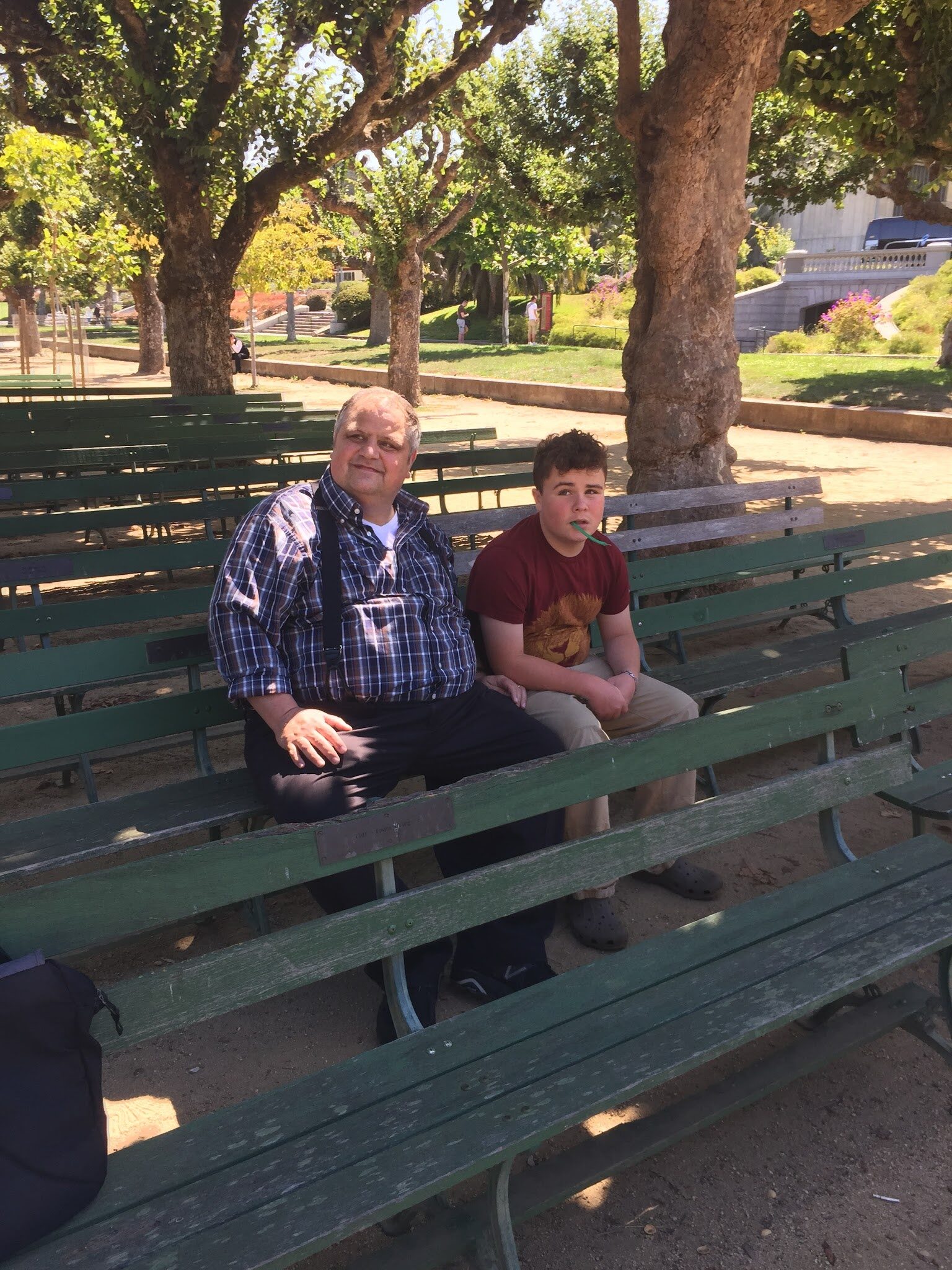“Elon Musk oveseeing the construction of Gigafactory” by jurvetson is licensed under CC BY 2.0[image: Elon Musk, wearing mirrored sunglasses and a reflective chartreuse safety vest.] Sarah Kapit twitter.com/SarahKapit Elon Musk announced to the world that he’s autistic on Saturday Night Live. Some people have claimed that this represents a noticeable step forward for autistic people in public life. But I’m not celebrating. My interest here isn’t to rehash all of the reasons why Musk is an obnoxious public figure who has done damaging things to his employees and the world at large—although I hold this opinion. Other people have already written about the litany of his misdeeds. Instead, I want to consider Musk’s shortcomings in the specific context of autism and disability politics. First, Musk did not describe himself as an autistic person. He said he had “Asperger’s,” which is a term that is rooted in ableism. In the U.S., “Asperger’s” is…
Tag: Asperger
Shannon Des Roches Rosa www.Squidalicious.com Steve Silberman and Leo Rosa [image: a white man with short salt-and pepper hair, and a white teen boy with short curly brown hair, sitting on a green bench.] Steve Silberman’s long-awaited book NeuroTribes: The Legacy of Autism and the Future of Neurodiversity arrives in bookstores today. Finally! If you have any interest in autism whatsoever, then trust me, you need this book. (No, really. We are so excited that NeuroTribes exists that we’re hosting a giveaway, details below.) I’ll be upfront with my disclosure: When Silberman described his intention to write a book that “upends conventional thinking about autism and suggests a broader model for acceptance, understanding, and full participation in society for people who think differently,” my family and I agreed (and were honored) to be included in the project. But I would recommend NeuroTribes regardless; I’ve been pining for an autism…
Michael Scott Monje Jr www.mmonjejr.com Growing up, I might not have had an autism diagnosis, but that does not mean that my parents were oblivious to the differences between my behavior and typical behavior. Sure, when I was very young, they made their mistakes. For instance, my mother thought that the fact that I would sit for hours, focused on my own thoughts, made me an “easy” child. In some ways it did, because that meant that she could leave me unattended and run downstairs to change the laundry without worrying that I’d wander off. To a nineteen year old with a toddler, I’m sure that that had to seem like a blessing at times. Similarly, when I was two or three and I started to get obsessed with organizing and arranging things, that made my parents’ lives easier. After all, a child that can be kept busy sorting a…
Sunfell Light-Headed Thoughts I have Aspergers Syndrome. It is not a formal diagnosis — few psychologists will give an adult a formal diagnosis, I’ve discovered. It was not a diagnosis when I was young — I was intellectually brilliant, but also eccentric and odd. I would not look at people when they talked to me, or me to them. I had a ‘funny’ walk (which the military and martial arts repaired). I had a mind like a steel trap, read stacks of books, and was miles ahead of my classmates. My parents were urged to put me ahead a grade or two (they refused). I was told I had the highest “IQ” in the school, then scolded for being a ‘B’ student. But I was too socially awkward to be in any of the cliques, and was mercilessly bullied — so badly that I chose to go into the military…
Lynne Soraya www.psychologytoday.com/blog/aspergers-diary Presuppositions. We all know what they are — but what part do they play in our interactions? Any member of a minority group will tell you stories in which they felt that they have been unfairly stereotyped – in which the other person made a presupposition about their character dependent on certain criteria – be it age, gender, race, or some other factor. These are obvious cases of presuppositions impacting our social interaction. But are there situations in which presuppositions more subtly impact interactions? If you reach out to touch someone, and they jerk away, do you make a presupposition as to what that means? If someone is habitually quiet, do you make presuppositions regarding their intelligence or competence? As I have learned about autism and Asperger’s Syndrome, I have learned to question certain aspects of my experience. Things that I accepted as “normal,” because I experienced…
Mike Stanton actionforautism.co.uk When I attended the National Autism Society’s first International Autism Conference in London in 2005, I heard Professor David Amaral tell the story of a young man with Asperger Syndrome who visited the MIND Institute at UC Davis. The young man was asked what he would do if they could develop a pill to cure autism. He thought for a while before replying that he would take half the pill. I think this illustrates a real difference within the autism community. There are many who pathologize autism as a disorder that afflicts an otherwise healthy individual. If you hold this idea you naturally look to understand the causes of autism in order to find that “autism pill.” The idea of neurodiversity was developed by autistic people in opposition to the pathologizing model. According to them autistic people are not disordered. They have a different sort of order.…

